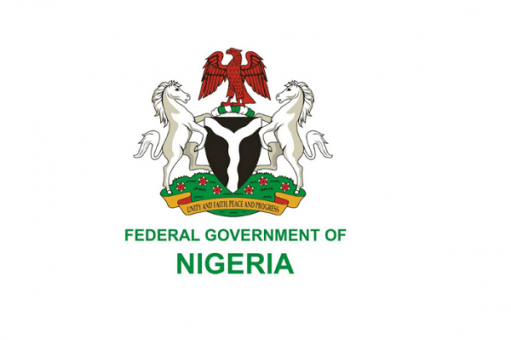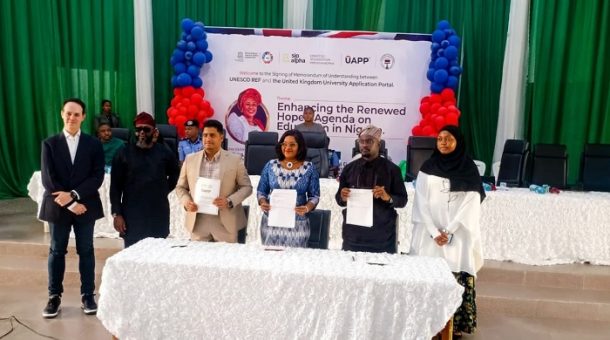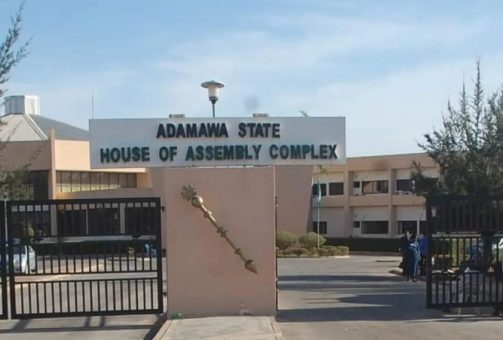
The World Trade Organization (WTO) has unveiled a groundbreaking project aimed at bolstering Nigeria’s exports of sesame and cowpea, two key agricultural commodities with immense economic potential. With a budget of $1.2 million, this initiative marks a significant step towards enhancing the competitiveness and sustainability of Nigeria’s agricultural sector on the global stage.
Sesame and cowpea are integral components of Nigeria’s agricultural landscape, representing vital sources of income for farmers across the country. However, challenges such as limited market access, inadequate infrastructure, and inconsistent quality standards have hindered the full realization of their export potential. In response, the WTO has launched this ambitious project to address these barriers and unlock new opportunities for growth and development.
Central to the initiative is a comprehensive strategy focused on improving various aspects of the sesame and cowpea value chains. This includes efforts to enhance production techniques, promote sustainable farming practices, and strengthen post-harvest handling and processing capabilities. By equipping farmers with the necessary knowledge, skills, and resources, the project aims to increase productivity, efficiency, and resilience within the agricultural sector.
Moreover, the WTO’s initiative will prioritize initiatives to enhance market access and trade facilitation for Nigerian sesame and cowpea exports. This involves working closely with government agencies, industry stakeholders, and international partners to streamline regulatory procedures, harmonize quality standards, and identify new market opportunities. By fostering greater connectivity and collaboration within the global trade ecosystem, the project seeks to position Nigeria as a reliable supplier of high-quality agricultural products on the international market.
The launch of this $1.2 million project underscores the WTO’s commitment to supporting Nigeria’s efforts to harness the full potential of its agricultural sector. By investing in initiatives that promote sustainable development and inclusive growth, the organization aims to catalyze positive change and create lasting impact for farmers, businesses, and communities across the country.
In light of the economic challenges posed by the COVID-19 pandemic, the timing of the WTO’s initiative is particularly significant. As countries around the world seek to rebuild and recover from the effects of the crisis, there is a growing recognition of the importance of strengthening food security, promoting agricultural development, and diversifying export opportunities. By empowering Nigeria to expand its sesame and cowpea exports, the project aligns with broader efforts to build back better and create a more resilient, inclusive, and sustainable global economy.
Looking ahead, the success of the WTO’s initiative will depend on the collective efforts of all stakeholders involved. As the project takes shape and begins to yield results, it is essential to maintain momentum, foster collaboration, and leverage lessons learned to drive continuous improvement and innovation. By working together towards a common goal, Nigeria can unlock the full potential of its agricultural sector and pave the way for a brighter, more prosperous future for generations to come.








